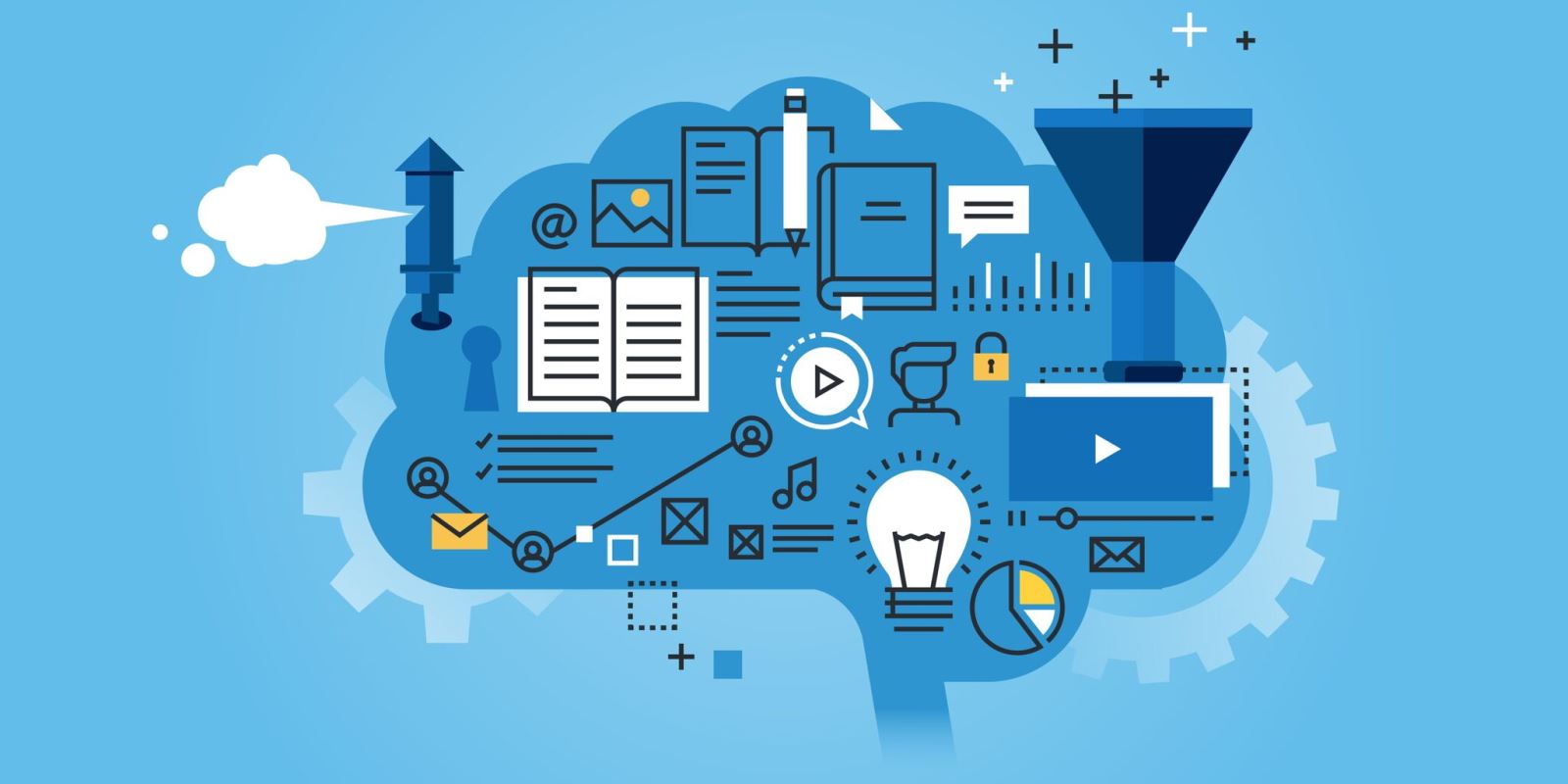
“AI allows for analysis of data that would not be possible for any of us, finding connections that improve the quality and accuracy of decision making”, explains the country manager of BSA| The Software Alliance, Antonio Eduardo Mendes da Silva, known in the market as Pitanga. BSA is the leading global advocate for the software industry before governments and in the international marketplace.
The BSA survey “Artificial Intelligence in Every Sector” (“Artificial Intelligence in All Sectors”, in Portuguese), points out some of the several areas that are being revolutionized by technology. See below:
1. Health and quality of life
Powerful software makes it possible for researchers to find treatments for rare diseases. It is now possible to analyze hundreds of samples, taking into account existing drugs and compounds for possible new treatments. Artificial intelligence also enables physicians to make better decisions by granting them access to their patients' complete medical history, as well as detailed reports, diagnostic suggestions and treatments formulated based on both patient information and public statistics.
2. Security
Artificial intelligence helps organizations stay one step ahead of cyber threats by anticipating potential risks, mitigating attacks in real-time, managing access to resources, and encrypting strategic data. This is all possible thanks to the analysis of huge amounts of data.
3. Infrastructure
Creating an infrastructure designed for the 21st century necessarily involves artificial intelligence. It enables the construction of smarter and safer cities through sensors that monitor the safety and fluidity of traffic, automatically identify building failures, and monitor and control electrical networks, facilitating the location and repair of distribution interruptions.
4. Education
Artificial intelligence tools are making digital tutoring, personalized curricula, and learning programs that adapt to students possible. Lesson plans and activities with varying levels of difficulty can also be made available to teachers, saving them time throughout the school year.
5. Retail and business
Businesses with a large customer base such as banks, restaurant chains and large retailers are able to analyze the immense amount of data collected every day thanks to artificial intelligence. Thus, they are able to gain insights into consumer preferences and their own performance. This improves the end customer experience and increases business efficiency. Software also helps to optimize product design, using data to predict various scenarios.
6. Agriculture
Using images captured by drones, planes and satellites and algorithms, artificial intelligence can help growers around the world gain greater control over their crops, identifying the best time to plant, monitoring crops and even forecasting the price of their product.
Study link (in English): https://we.tl/FLcfg8C6kI












